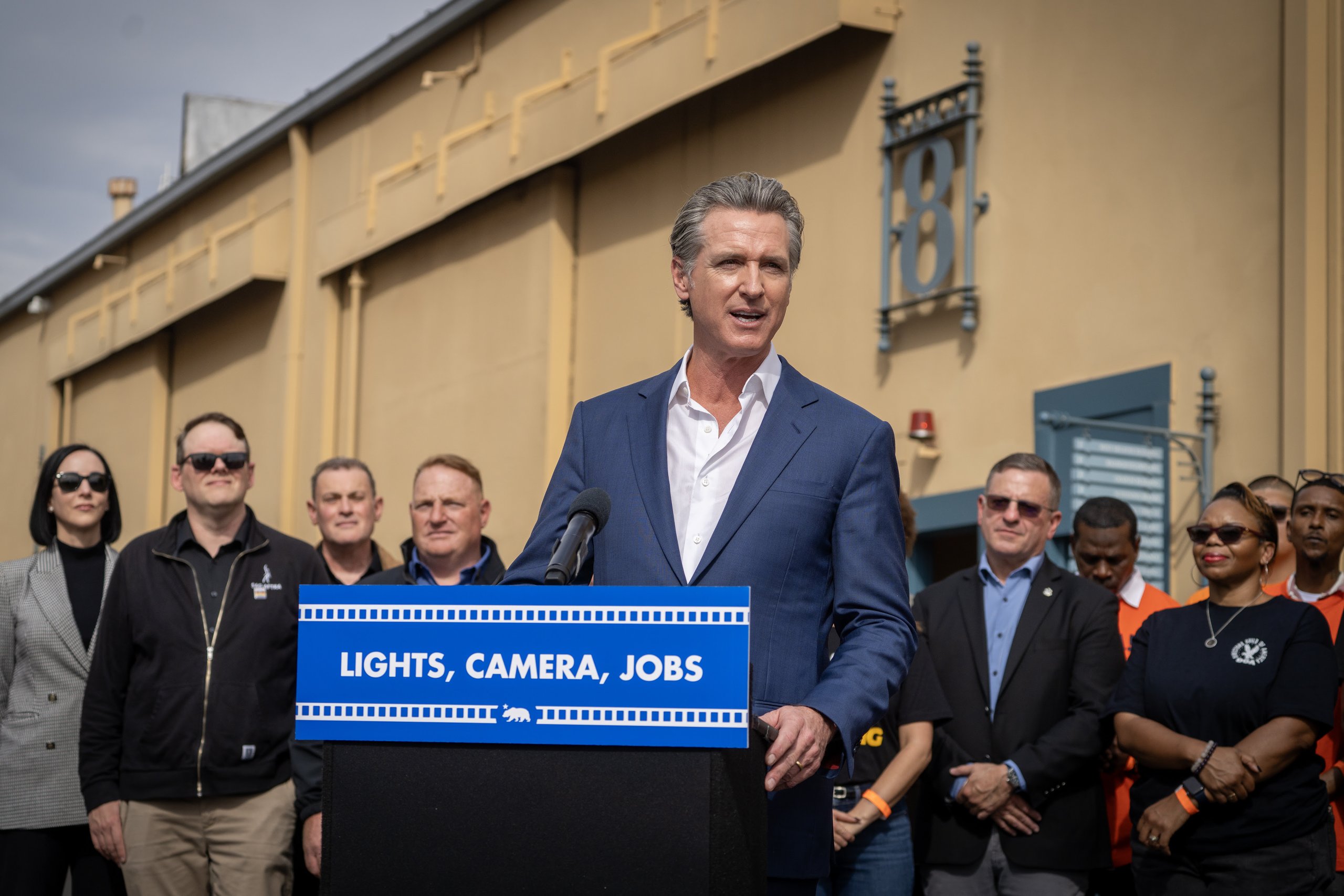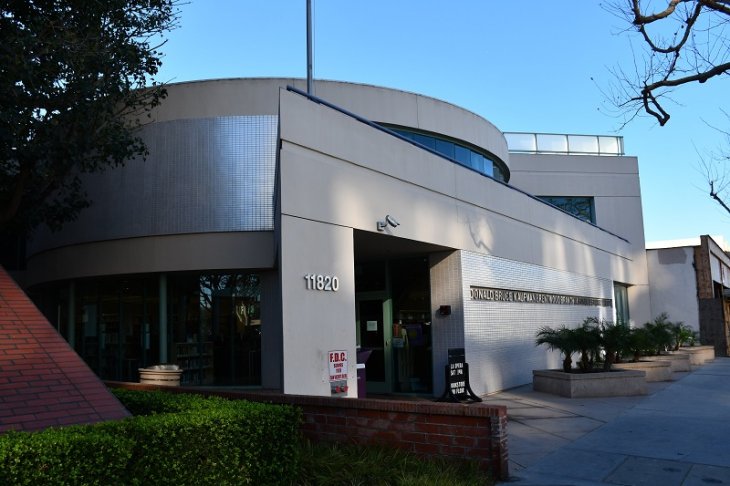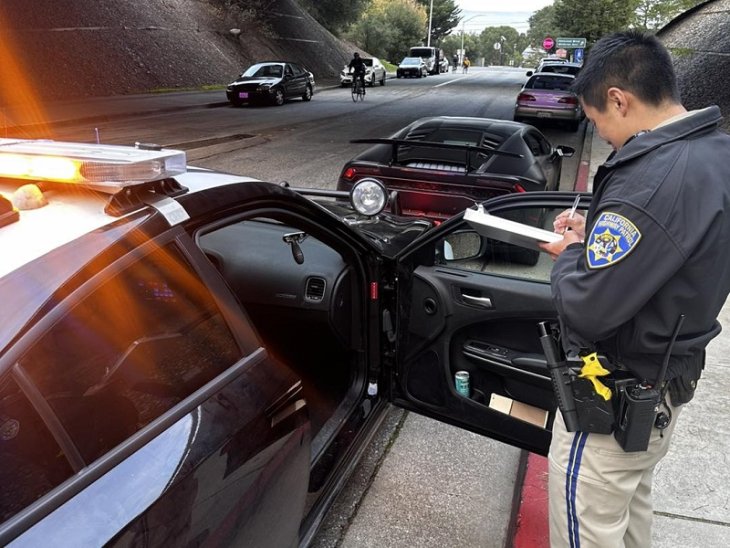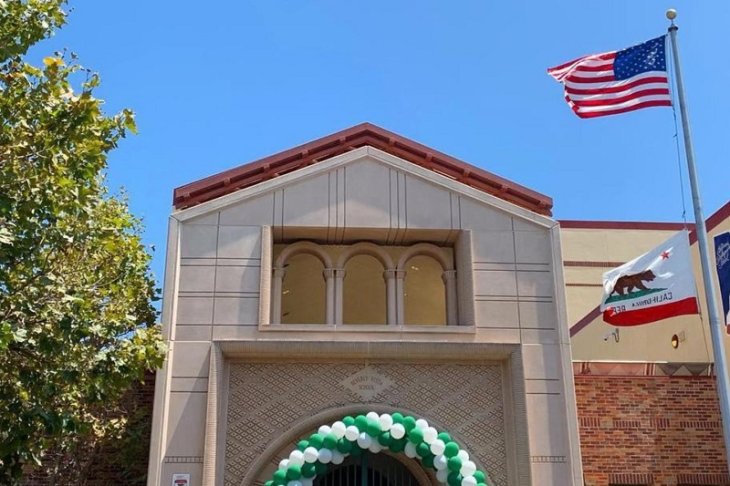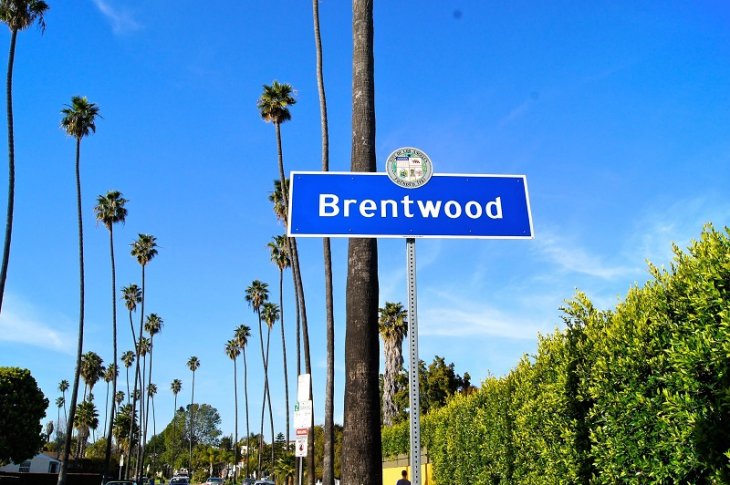Governor Newsom Announces Historic Tax Credit Increase to Boost California’s Film Industry
In a long-awaited move to boost California’s film industry, Los Angeles Mayor Karen Bass joined Governor Gavin Newsom and leaders from the entertainment and labor sectors to announce an unprecedented expansion of California’s Film and Television Tax Credit Program. The proposed expansion would increase the program’s budget to $750 million annually, more than doubling the current allocation of $330 million. If approved, this initiative would position California as the top state for capped film incentive programs, surpassing competitors like New York.
“Hollywood is the cornerstone of this city and our economy, and our message to the industry today is clear – we have your back,” said Mayor Bass. “When I was Speaker of the California State Assembly, I worked to support leaders like now-Councilman Paul Krekorian to create the film tax credit. Despite economic challenges, we knew the industry needed support, and if we could start the program, we could grow it. Today, I’m proud to stand with Governor Newsom and industry leaders to continue supporting this legacy industry.”
Governor Newsom underscored California’s unique status as the entertainment capital of the world, emphasizing that the expansion will generate thousands of jobs and strengthen ties between the industry and local communities. “California is the entertainment capital of the world, rooted in decades of creativity, innovation, and unparalleled talent,” he said. “Expanding this program will help keep production here at home, generate thousands of good-paying jobs, and strengthen the vital link between our communities and the state’s iconic film and TV industry.”
This program has been oversubscribed year after year, with more productions applying than can be accommodated under the current cap. Between 2020 and 2024, data shows California lost production spending due to limited tax credit funding and increased competition in other states and countries, directly impacting state jobs and local economies.
In recent years, projects that were unable to secure California’s tax credits and moved to other locations as a result contributed to significant economic losses, with an estimated 71% of rejected projects subsequently filming out-of-state.
Mayor Bass’s administration has already taken several steps to support the local entertainment sector:

- Formation of an Entertainment Industry Council: The council, comprising industry experts, focuses on reversing the trend of productions leaving Los Angeles and retaining local jobs.
- Executive Directive 8: This initiative supports the workforce and streamlines studio projects, promoting policies that encourage productions to remain in Los Angeles.
- Studio and Sound Stage Concierge Services: New services assist productions by cutting bureaucratic delays and coordinating with city departments. The program has facilitated seven new studio and sound stage projects, and an additional 8.1 million square feet of production space is currently in development within Los Angeles.
A study of the program found that, for every tax credit dollar approved, it generated at least $24.40 in output, $16.14 in GDP, $8.60 in wages, and $1.07 in initial state and local tax revenue from production in the state.
Since its inception in 2009, California’s Film & Television Tax Credit Program has generated over $26 billion in economic activity and supported more than 197,000 cast and crew jobs across the state.
California previously updated the program to include new workforce diversity provisions, more funding for the Career Pathways Training Program, and the nation’s first Safety on Production Pilot Program.
Tax credits will become refundable for the first time since the program’s inception in 2009, beginning with Program 4.0 set to commence on July 1, 2025.

